
Yale is the second Ivy League college to officially release its 2023-2024 supplemental essay prompts for first-year applicants. Dartmouth released its supplemental prompts earlier this month. As most high school seniors applying to Yale do so through the Common Application, most Yale applicants will also need to respond – and respond well – to one of the Common App’s main essay prompts in order to be considered for admission at Yale.
All first-year applicants to Yale will complete several Yale-specific short answer questions; yet, the required questions are slightly different based on the application platform an applicant chooses. All of the 2023-2024 Yale-specific questions for the Coalition Application, Common Application, and QuestBridge Application are detailed below.
This year’s Yale supplemental prompts are a mix of new and old questions.
The news comes as admissions offices at most highly selective universities have been slower than usual in releasing their supplemental essay prompts for the 2023-2024 admissions cycle as a result of having to reassess their practices in a new post-affirmative action environment. For instance, a few days ago, University of Virginia released an out-of-character new supplemental essay prompt that seemed to be created specifically in response to affirmative action being ruled unlawful.
Without further ado, here are Yale’s prompts for students applying for Fall 2024 entry.
Yale’s 2023-2024 Short Answer Questions
Applicants submitting the Coalition Application, Common Application, or QuestBridge Application will respond to the following short answer questions:
- Students at Yale have time to explore their academic interests before committing to one or more major fields of study. Many students either modify their original academic direction or change their minds entirely. As of this moment, what academic areas seem to fit your interests or goals most comfortably? Please indicate up to three from the list provided.
- Tell us about a topic or idea that excites you and is related to one or more academic areas you selected above. Why are you drawn to it? (200 words or fewer)
- What is it about Yale that has led you to apply? (125 words or fewer)
Applicants applying with the QuestBridge Application will complete the questions above via the Yale QuestBridge Questionnaire, available on the Yale Admissions Status Portal after an application has been received.
Applicants submitting the Coalition Application or Common Application will also respond to the following short answer questions, in no more than 200 characters (approximately 35 words):
- What inspires you?
- If you could teach any college course, write a book, or create an original piece of art of any kind, what would it be?
- Other than a family member, who is someone who has had a significant influence on you? What has been the impact of their influence?
- What is something about you that is not included anywhere else in your application?
Yale’s 2023-2024 Essay
Applicants submitting the Coalition Application or Common Application will respond to one of the following prompts in 400 words or fewer.
1. Reflect on a time you discussed an issue important to you with someone holding an opposing view. Why did you find the experience meaningful?
2. Reflect on your membership in a community to which you feel connected. Why is this community meaningful to you? You may define community however you like.
3. Reflect on an element of your personal experience that you feel will enrich your college. How has it shaped you?
For expert advice on how to get into Yale, including strategies on how to tackle Yale’s latest supplemental short answer and essay prompts above, watch my “How to get into Yale” video below:
Video Highlights:
How to Build a Strong Foundation
Those serious about getting into Yale will first read my article “How to get into the Ivy League – Ethically.” This article sets the table for how to maximize one’s chances of getting into any hyper-selective college or university.
How to Differentiate Your Accomplishments
Take my How to Build an Extraordinary Extracurricular Resume short course.
Yale Supplement (Expert Tips Included in Video)
See prompts above the video.
Potential Interview Invite
It’s worth noting that you should do everything in your power to INTERVIEW with Yale if you are invited to do so! Don’t say no to the offer to interview! While interviews are not required, they are sometimes offered for Yale’s admissions team to get to you know you better. Watch some of my past videos specifically about college admissions interviews.
Bonus: How to Differentiate Your Common App Essay Videos
Best & Worst Common App Essay Prompts
Most & Least Popular Common App Essay Prompts
Why Your Common App Essay Is Awful
Why Your Common App Essay Is So Bad
Good luck getting into Yale!
 University of Virginia has revealed its new required short essay question for first-year applicants during the 2023-2024 admissions cycle, and unlike questions asked in past years, this one is quite a head-scratcher.
University of Virginia has revealed its new required short essay question for first-year applicants during the 2023-2024 admissions cycle, and unlike questions asked in past years, this one is quite a head-scratcher. Dartmouth College in Hanover, New Hampshire is the first Ivy League college to officially release its 2023-2024 supplemental essay prompts for first-year applicants. As most high school seniors applying to Dartmouth do so through the Common Application, most Dartmouth applicants will also need to respond – and respond well – to one of the
Dartmouth College in Hanover, New Hampshire is the first Ivy League college to officially release its 2023-2024 supplemental essay prompts for first-year applicants. As most high school seniors applying to Dartmouth do so through the Common Application, most Dartmouth applicants will also need to respond – and respond well – to one of the 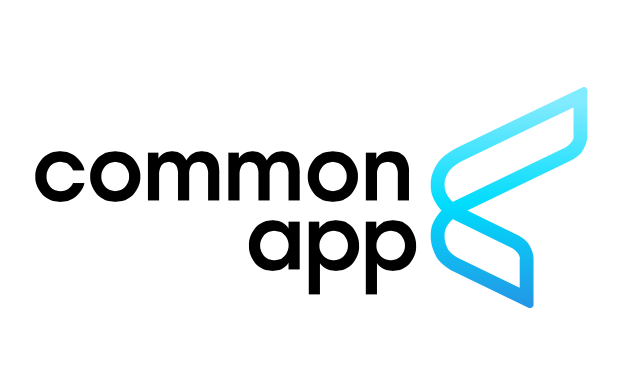
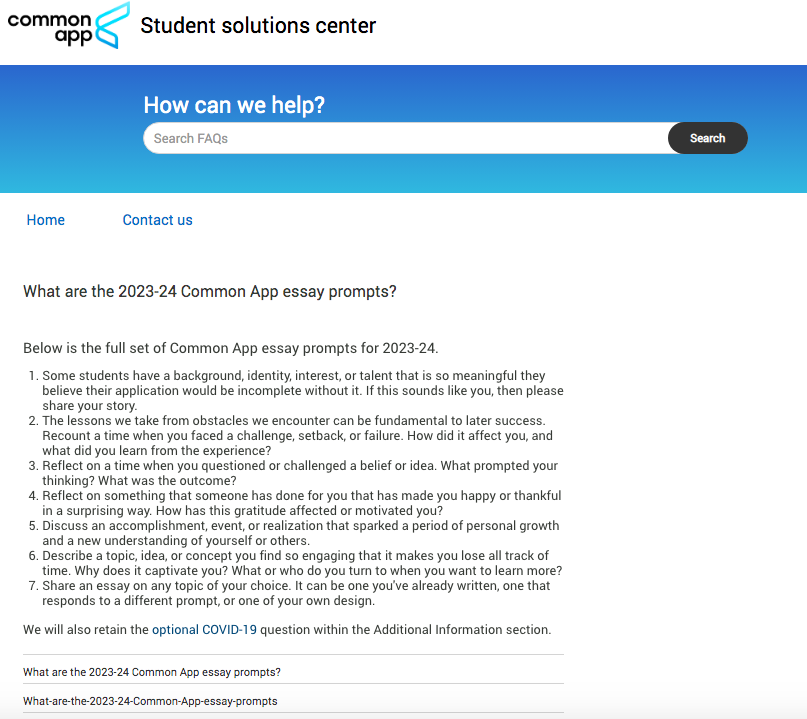

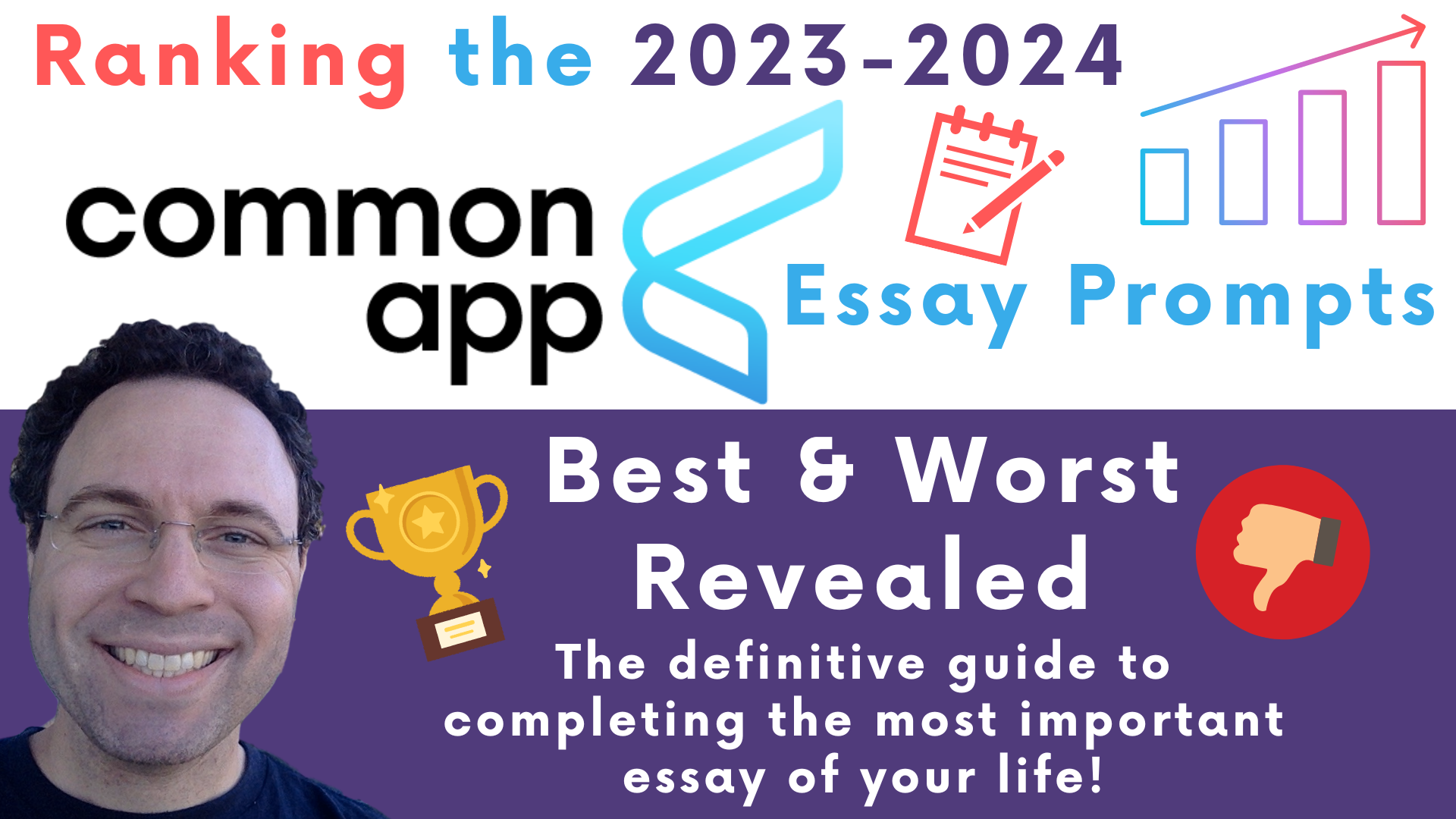
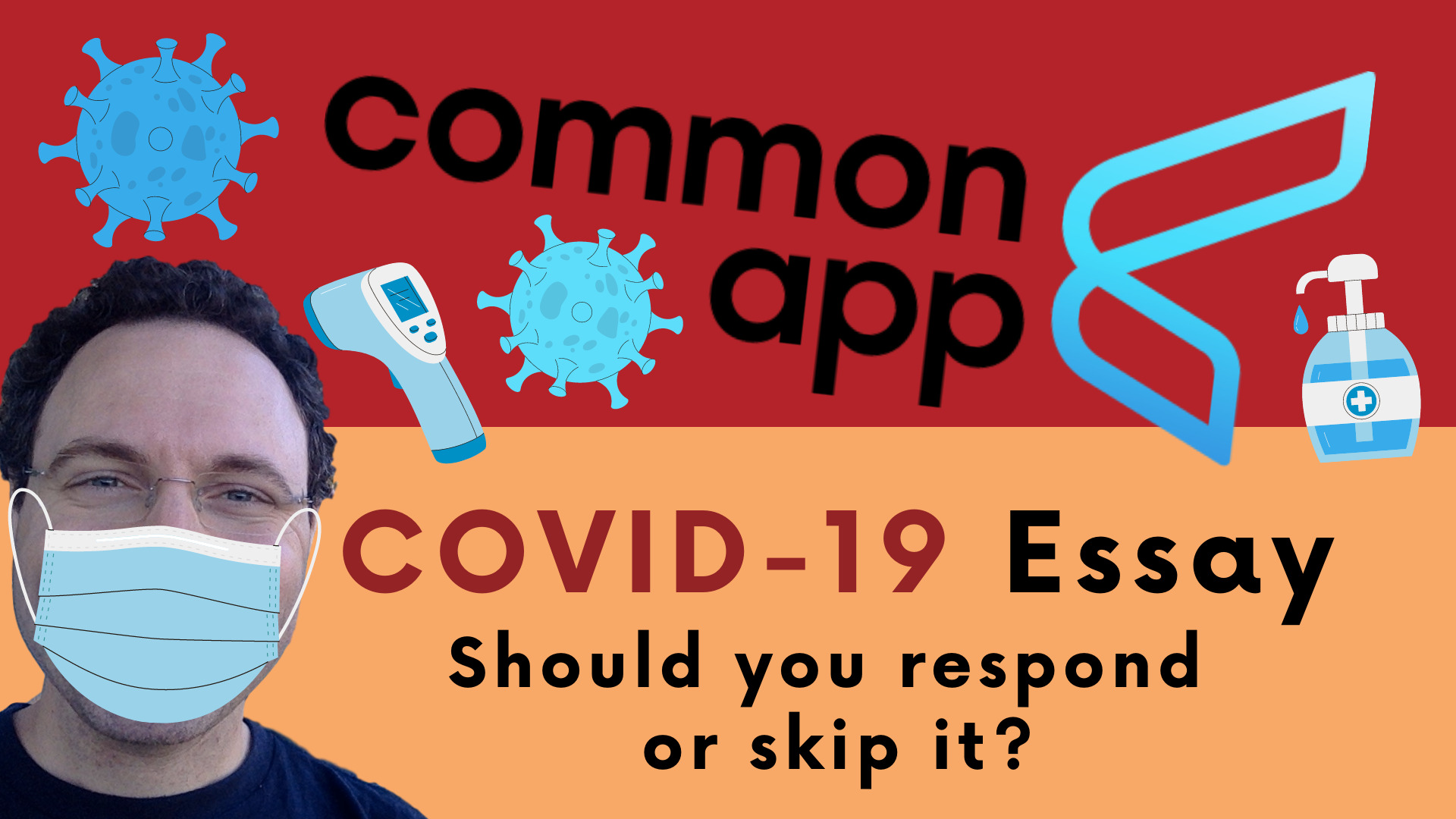 Only sixteen percent of students responded to the optional Common App COVID-19 essay during the 2021-2022 admissions cycle.
Only sixteen percent of students responded to the optional Common App COVID-19 essay during the 2021-2022 admissions cycle.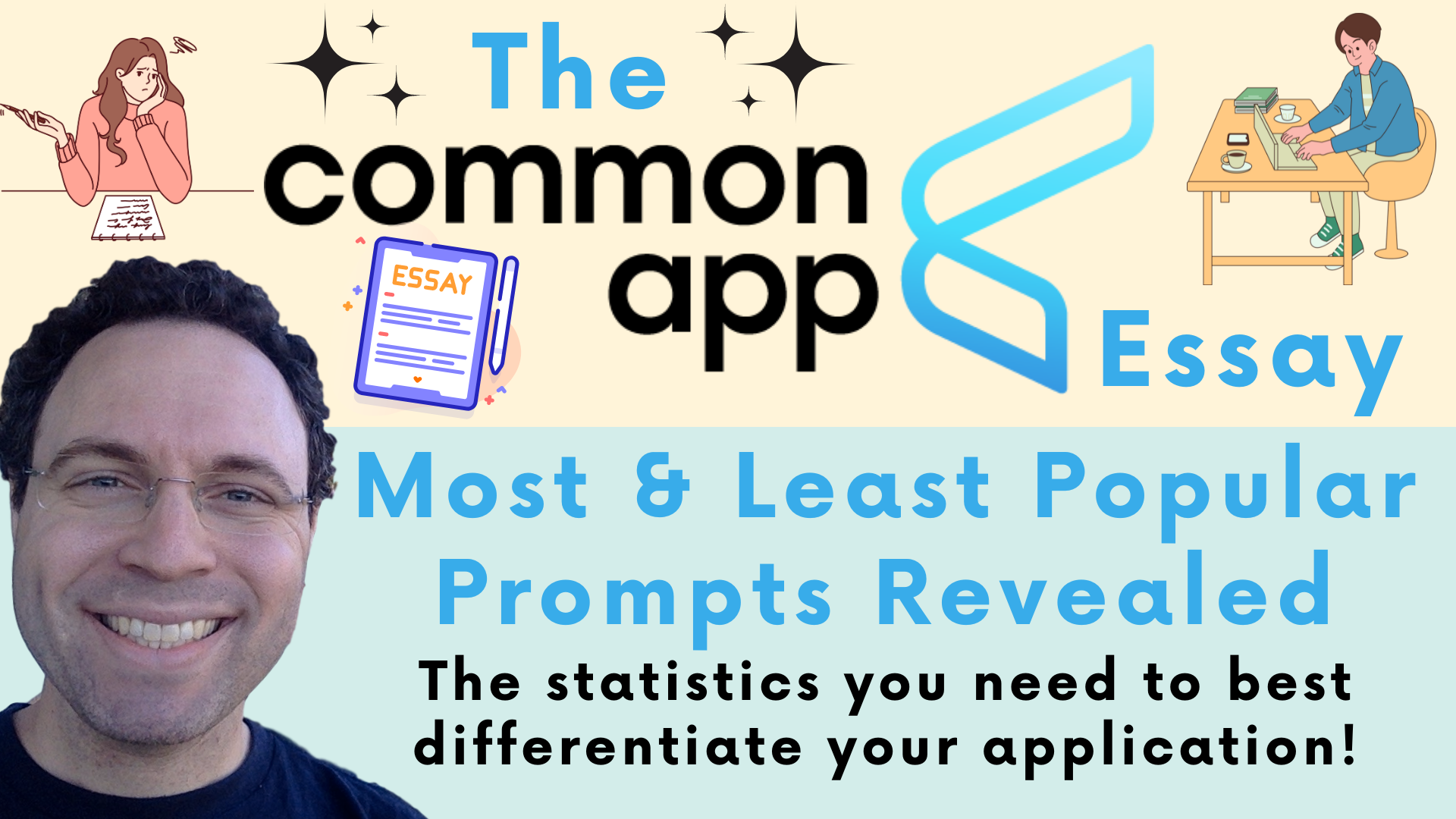 Success in the college admissions process often comes down to one word: differentiation. Therefore, it makes a lot of sense to think long and hard about what Common App essay prompt you respond to in order to share the story you want to share in a manner that frames your experience in the most memorable and unique manner possible. In the video below you’ll learn which Common App essay prompts are most popular and least popular right down to the exact percentage of applicants responding to each prompt, which will help you determine the prompt you want to respond to when completing your Common Application essay.
Success in the college admissions process often comes down to one word: differentiation. Therefore, it makes a lot of sense to think long and hard about what Common App essay prompt you respond to in order to share the story you want to share in a manner that frames your experience in the most memorable and unique manner possible. In the video below you’ll learn which Common App essay prompts are most popular and least popular right down to the exact percentage of applicants responding to each prompt, which will help you determine the prompt you want to respond to when completing your Common Application essay.